Our frequently overlooked gut is actually quite important, and its effects influence our everyday lives. “It's not just about digestion anymore,” said Vidya Gandhi, a nutritionist specialising in diabetes, gut health and PCOD management. Several studies have proven that the state of our gut can seriously affect how we feel mentally. In fact, your gut holds a powerful key to unlocking a positive mood and emotional balance. “This link between the gut and the brain is called the "gut-brain axis, and ongoing research is showing us a fresh perspective on mental health as science delves deeper into the co-relation. The importance of nurturing our gut health for mental well-being is becoming more evident than ever,” added Gandhi.
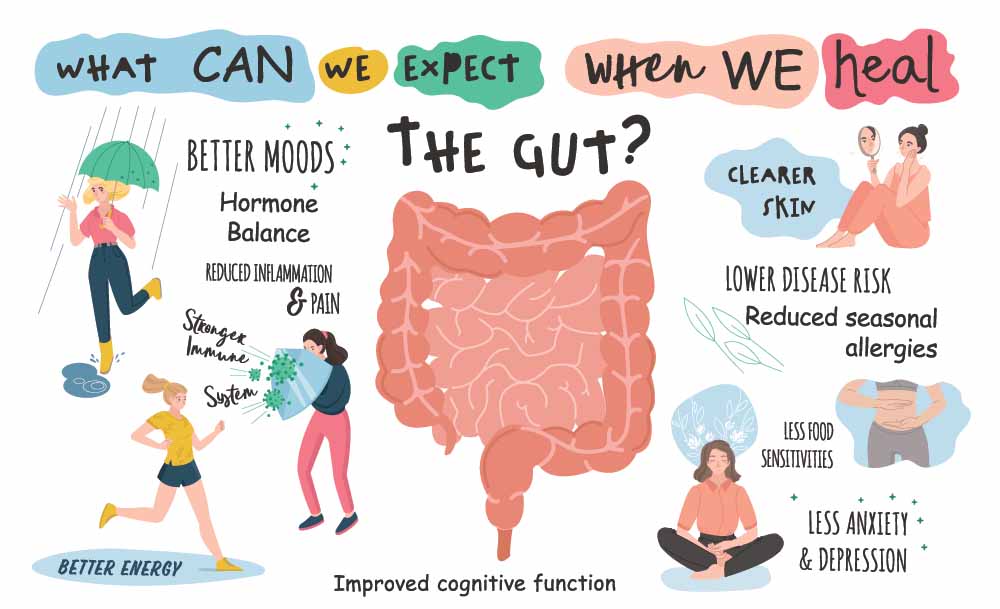
The gut, often referred to as the "second brain," has a complex relationship with our overall well-being. According to Gandhi, a happy gut often translates into a happy mind. “By embracing a diet rich in gut-friendly foods, adopting stress-reduction techniques, and making lifestyle choices that prioritise both your gut and mind, you can embark on a journey toward holistic wellness.”
The Gut-Brain Axis
“The gut-brain axis is an intricate communication network that connects our gastrointestinal system with our central nervous system. This pathway involves a two-way dialogue that impacts everything from our emotions to our cognitive functions,” explained Gandhi. Research by WHO has shown that the gut houses a complex ecosystem of trillions of microorganisms, collectively known as the gut microbiota, which plays a pivotal role in this interaction.
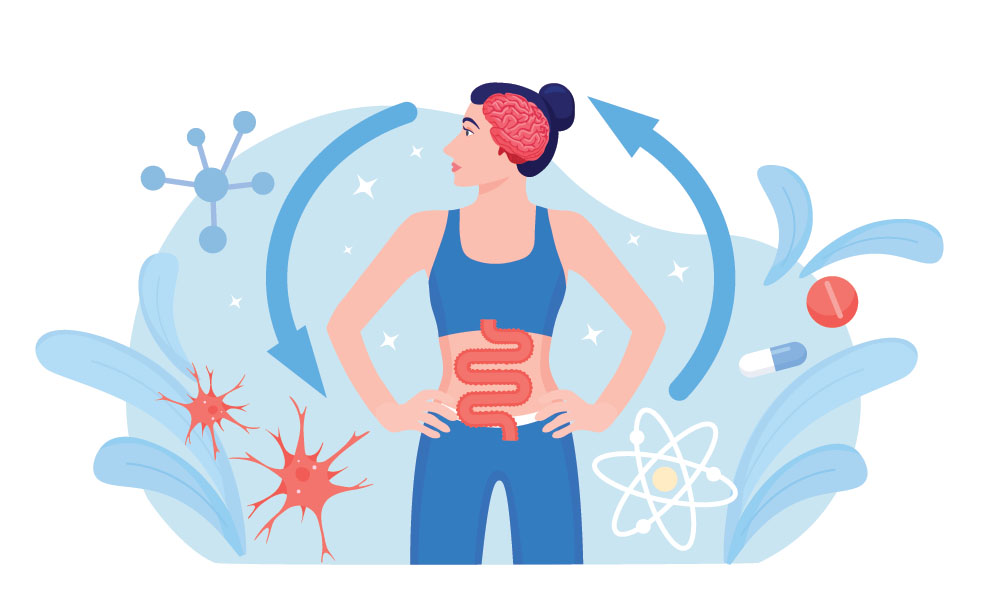
The Gut-Mood Connection
An imbalance in gut bacteria has been linked to mental health issues like anxiety, depression, and even stress. “I often tell my clients that their mood swings and emotions are all related to their gut microbiota. This is because these microbes produce neurotransmitters, the chemical messengers that regulate mood, such as serotonin and dopamine,” she said.
Here, Gandhi offers suggestions on what to eat to promote a content gut and a positive mindset:
1. Probiotic-Rich Foods:
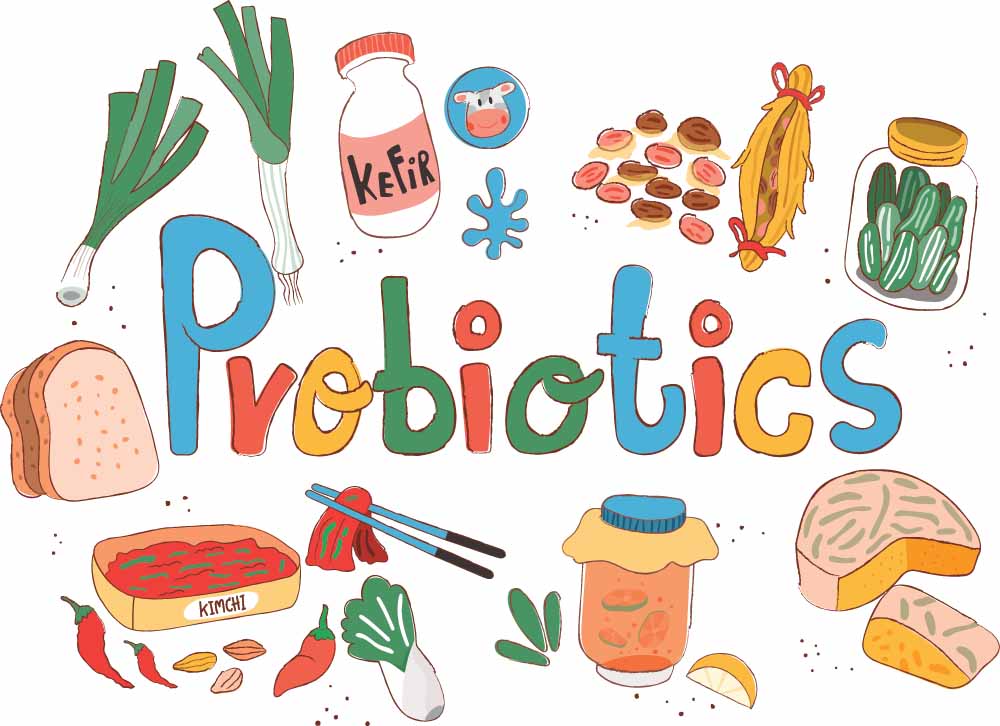
Incorporate foods like yogurt, kefir, sauerkraut, and kimchi into your diet. These are teeming with beneficial bacteria that can bolster your gut health.
2. Prebiotic Foods:
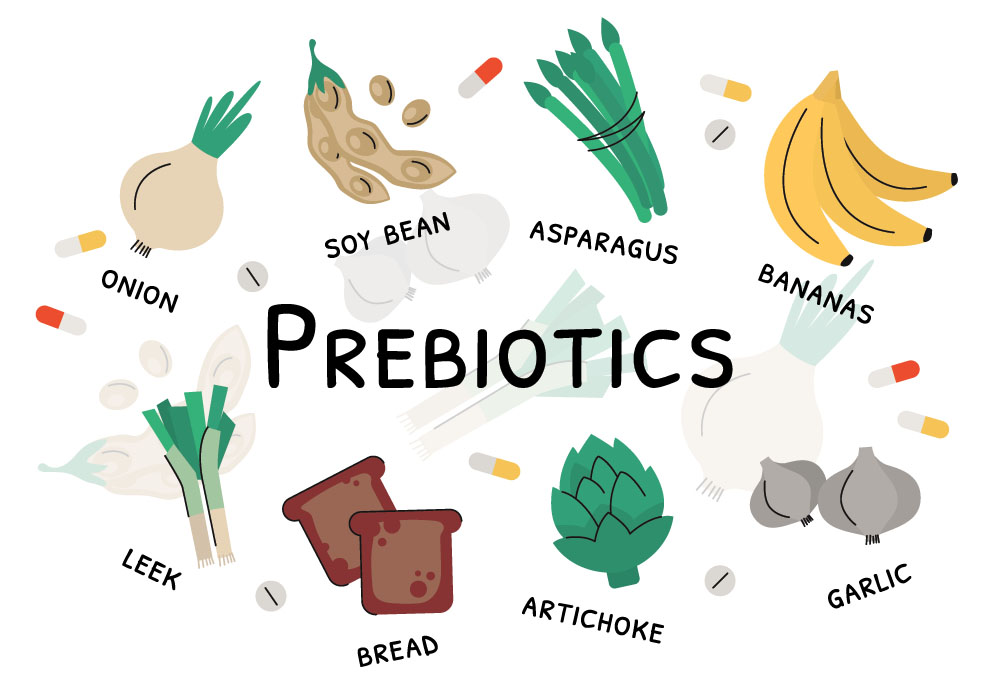
Fuel your gut microbes with prebiotic-rich foods like garlic, onions, leeks, and bananas. These serve as nourishment for the beneficial bacteria, helping them thrive.
3. Fiber-Packed Choices:

A fiber-rich diet supports gut health by promoting the growth of diverse gut bacteria. Opt for whole grains, legumes, and a variety of fruits and vegetables.
4. Omega-3 Fatty Acids:
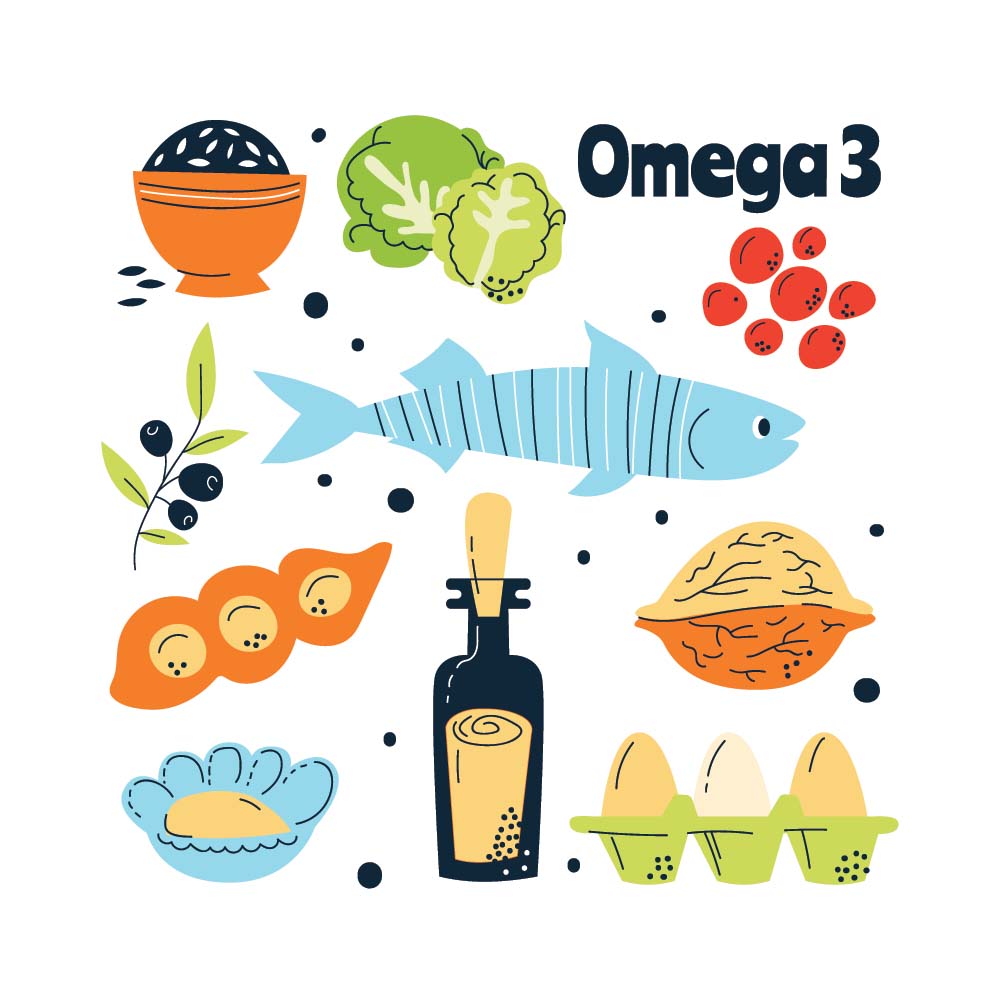
Found in fatty fish like salmon, flaxseeds, and walnuts, omega-3 fatty acids possess anti-inflammatory properties that can benefit both gut health and mood.
5. Limit Processed Foods:
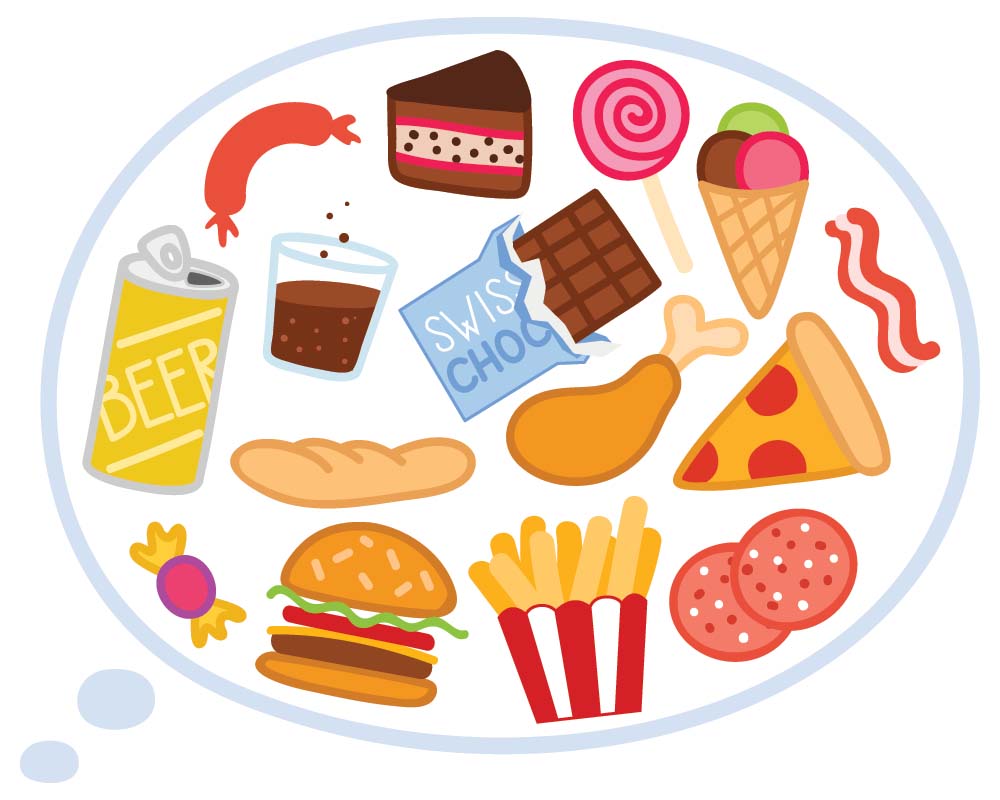
Highly processed foods, loaded with sugars and unhealthy fats, can negatively impact gut health. Minimise their consumption to support your well-being.
In addition to diet, Gandhi strongly believes that lifestyle choices play a significant role in influencing the balance of both our gut and our mind. Here's what she recommends:
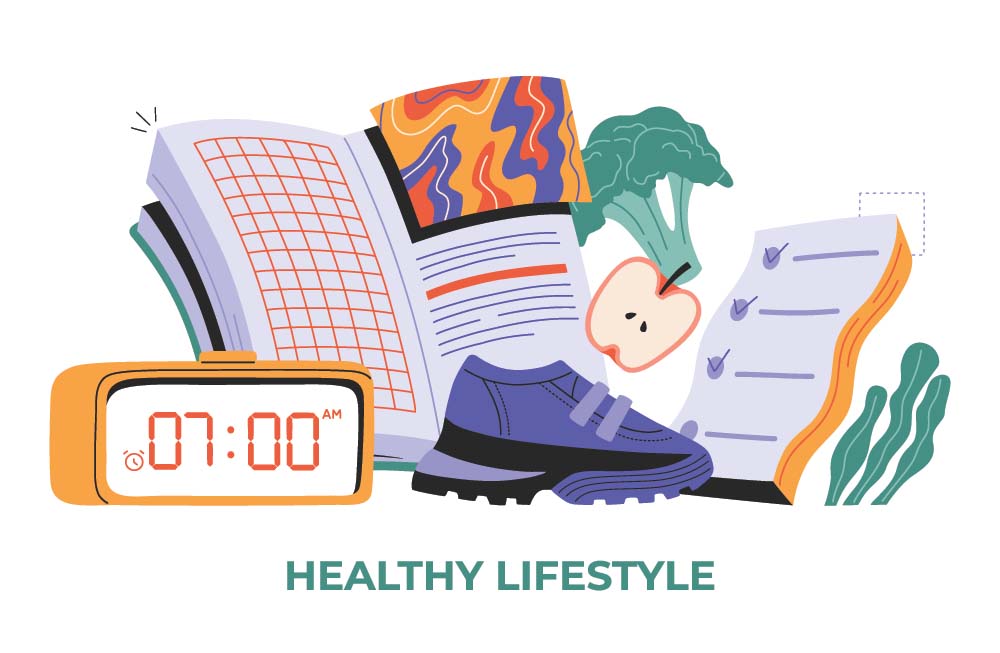
1. Manage Stress:
High levels of stress can disrupt the gut-brain axis. Incorporate stress-reduction techniques like meditation, yoga, and deep breathing into your routine.
2. Regular Exercise:
Physical activity isn't just good for your body; it's also beneficial for your gut microbiota. Aim for regular exercise to support both your gut health and mental well-being.
3. Prioritise Sleep:
Quality sleep is essential for maintaining a healthy gut and a balanced mood. Aim for 7-9 hours of sleep each night.